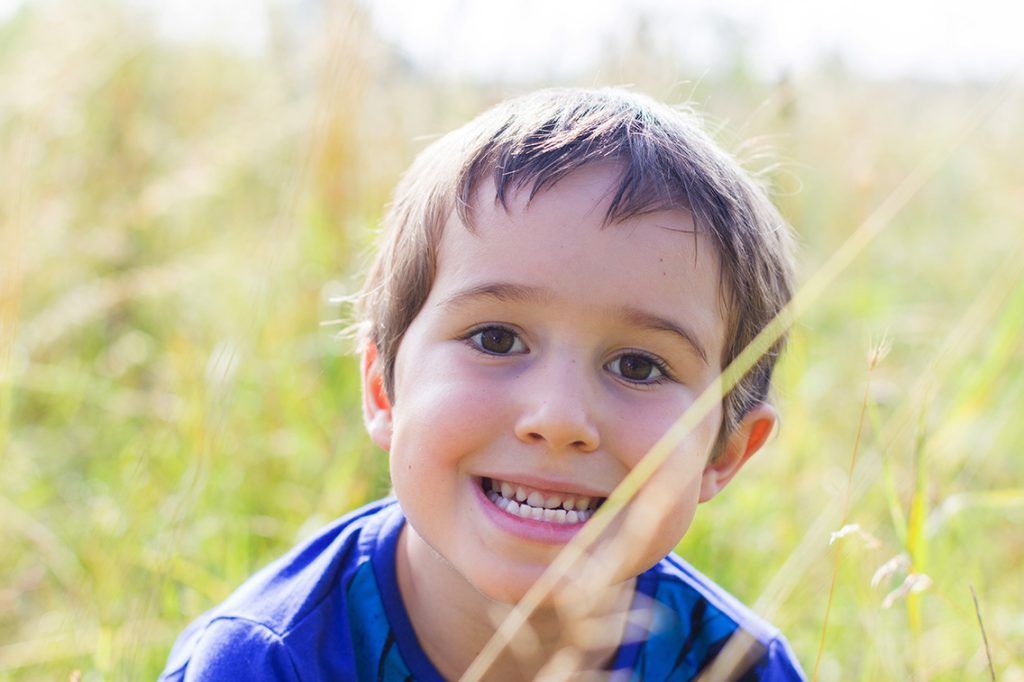Bessel van der Kolk
You are responsible for another person’s mental, emotional, and physical growth. When things become difficult, it’s OK to seek assistance.
Although children can experience the same mental health issues as adults, their signs may be distinct and challenging for parents to recognize. Depending on your child’s age, normal childhood development is a process that involves constant change, and they might not be able to express how they feel or why they are acting a specific way. The first step is learning to spot early indicators of needed children therapies.
Children with these issues find it difficult to operate normally at home, school, or other social settings.
All children experience emotional ups and downs, including depressive spells, friend conflicts, and declines in academic performance. These typical developmental obstacles could force your child to adapt their viewpoint or develop new abilities. Most of the time, your child can solve the problem if you give them your support, empathy, and patience.
It is crucial for parents to first listen and then validate your child’s experiences.
It is normal to want to jump in and fix your child’s problems. We get it. You hurt when your child hurts. But children need to know they are being heard and their children’s mental health is valid. You can confirm their experience by saying, ‘I see this is hard for you’ or ‘I notice you’ve been down lately.’ Your child will be more open to discussing things when they feel heard.
Most of the time, if you provide your teen support, compassion, patience, and an empathetic ear, he or she will sort it out.
paragraph to: But what is normal? And are this ‘normal’ times?
When most of us were teenagers, we didn’t have constant access to information from all over the world. We didn’t have social media outlets to communicate through, get bullied on, or compare our selves within. We didn’t have ‘likes’ or ‘following’ to establish our self-worth or lack thereof. We didn’t have a global epidemic that robbed us of our opportunity to socialize and enjoy teenage milestones like school dances, first dates, and graduation. Being an adolescent, these days is clearly everything but “normal”.
Have faith in your instincts. You know your Kid best!
Sometimes a problem that seems typical for children can develop into something more problematic. Trust your gut if something just doesn’t seem right. Find out whether your child’s teacher, close friends, or other caregivers have seen any changes in your child’s behavior. At times, it can be challenging to communicate with your teen and get them to open up about their world. Most adolescents are unable to define their feelings or verbally express what is going on with them. Something just isn’t right, but they can’t untangle the mix of hormones, feelings, brain chemistry, their social world, and expectations of themselves and others. Talking to a therapist can provide a safe space for teens to explore their emotions and navigate these complexities.
How to show your unconditional support and love
♡ Identify the behaviors you have seen, usually lasting a few weeks or more, that are concerning to you, and be specific.
♡ Speak with your child or teen about your concerns. Keep it to no more than 3 and be very brief.
♡ Listen to their responses for at least 3 minutes without talking, rebutting, judging or trying to fix it. Just listen.
♡ Repeat back to them what you heard them say and validate their feelings are ok to have and ask how you can work together to help them.

Share your concerns with your Pediatrician
Pediatricians can reassure parents by assisting them in differentiating between what is and what isn’t typical. Be specific about what is worrying you about your child or teen’s children’s mental health. They will let you know if they recommend working with a therapist or if medication would be beneficial
Don’t assume that your child or teen will need medication or hospitalization
Every child is unique, and their treatment should be tailored to address their symptoms, which may or may not involve medication or, in certain cases, hospitalization. This is why early identification and intervention are crucial for children’s mental health. While therapy is the most prevalent treatment for teenagers with mental health challenges, behavior therapy is the most common approach for children. For younger children, this may involve incorporating playtime or games alongside discussion about their experiences during play. Through therapy, your child or teen can learn to express their thoughts and emotions, effectively respond to them, and develop new behaviors and coping skills.

You are not a failure
It is important to eliminate the stigma surrounding mental health treatment. While parents promptly seek medical care for physical injuries or illnesses, such as broken bones or an ear infection, there remains a certain level of fear and shame associated with seeking therapeutic support for emotional injuries or mental ailments like grief, anxiety, depression, or social struggles. We want to stress that prioritizing your child’s mental health is just as important, if not more, as maintaining their physical well-being. By addressing mental health challenges and fostering healthy self-care habits from a young age, your child and teen can develop the tools they need to navigate future life stressors better, unlock their full potential, and reduce the risk of developing serious health conditions like high blood pressure and diabetes.
Whether the stress comes from underlying issues or a specific event, we can guide effectively managing stress. We will teach positive coping strategies and challenge you each to do something different, all the while providing the support and guidance you and your family need to navigate life’s continuous challenges, including those related to children’s mental health.

Ask us a question and we will be in touch shortly
Please note: Phones are answered Monday and Wednesday from 3-6 pm (EST) and Tuesday and Thursday 9-ll am (EST) and calls are returned within 24 hours excluding federal holidays. For a quicker response, please text, email or chat with us.
Copyright © 2023 Affinity Triangle Therapy . Website design and SEO by XL Creative Designs All rights reserved.
